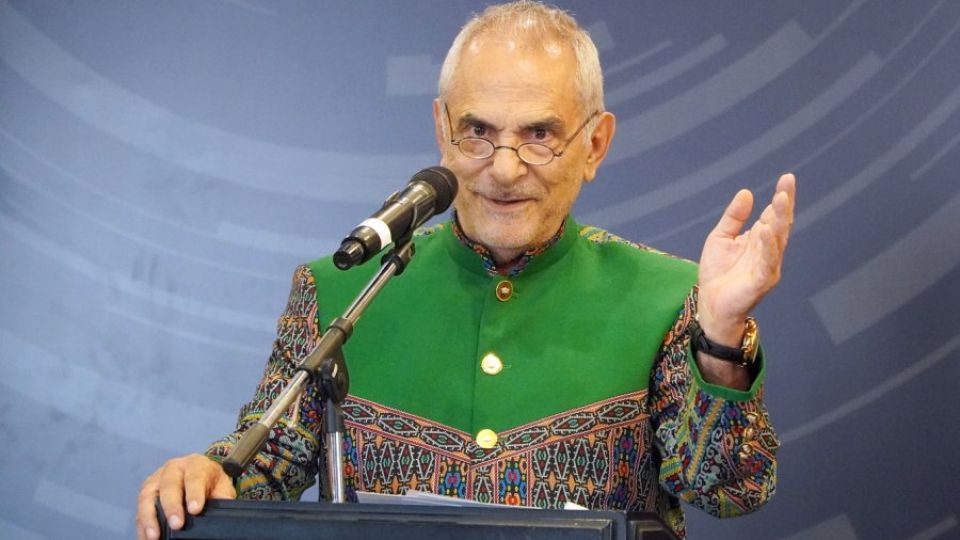August 8, 2023
JAKARTA – It is Dili’s “destiny” to be part of ASEAN, said Timor-Leste President Jose Ramos-Horta on Monday, following his Prime Minister Xanana Gusmão’s previous statement claiming that the nation might reconsider its membership application.
Expecting ASEAN to have fully resolved the complicated Myanmar crisis by now was “unfair”, Ramos-Horta added.
For over a decade, Dili has attempted to get itself included as an official member of the 10-nation Southeast Asian bloc, an undertaking that finally bore fruit late last year when ASEAN members agreed in principle to admit Timor-Leste as their 11th member.
Yet on Friday, President Xanana told Timor-Leste media that the country would reassess its application, explaining that its government “cannot yet trust [the] association” as long as ASEAN was “unable to convince the military junta” to respect democratic values.
The statement, to which Jakarta responded with a wish for “more clarity”, was subsequently refuted by Ramos-Horta on Monday on the sidelines of The Jakarta Post’s Democracy Dialogue event.
“To expect ASEAN to resolve the problems of Myanmar is also like expecting the United Nations Security Council [UNSC] to have resolved the big catastrophes of Syria, Yemen, Libya, [or] the eternal problem of Congo,” Ramos-Horta said.
“So you have much more powerful institutions in the world that have not resolved some of the oldest, biggest problems. It’s not fair [to ASEAN].”
Read also: Timor-Leste rethinks its accession bid if ASEAN cannot handle Myanmar issue
The past two years have seen ASEAN struggle to advance its peace efforts in conflict-ridden Myanmar, where a military putsch that overthrew Naypyidaw’s democratic government has continued to wreak political and social havoc.
Despite the bloc’s intense efforts to engage with all relevant stakeholders, the junta’s continued defiance has jeopardized ASEAN’s international credibility, with some of its most fervent critics claiming that ASEAN is dysfunctional at best, and an enabler at worst.
ASEAN, which abides by a strict non-intervention rule, has thrown its weight behind the implementation of its 2021 peace initiative, the Five-Point Consensus (5PC), which called for the immediate cessation of violence, the appointment and engagement of a special envoy, dialogue among all parties and humanitarian assistance.
With little progress to show for it, patience has worn thin recently; but Ramos-Horta gave an assurance that this had not affected Dili’s position on its ASEAN membership.
Xanana’s statement on Friday was either “misquoted” or only representative of the Myanmar people’s frustration, he suggested.
“Our membership of ASEAN is a national consensus decision. It is in our interest. […] We are still in the UN despite its utter failure to prevent the war in Ukraine. So are we going to quit the UN? No,” Ramos-Horta said.
“I’m very familiar with the ASEAN leaders’ efforts in Myanmar. I was surprised when the coup took place and when three countries took a strong stance, Indonesia, Malaysia and Singapore. Such a stance was unthinkable 10 years ago.”
Read also: Onus on Timor-Leste to seal ASEAN deal
And, since the unthinkable has happened, Ramos-Horta suggested that ASEAN should still be commended for its efforts to resolve the “complex” Myanmar issue.
Xanana’s statement about possibly withdrawing Timor-Leste’s membership left a sour note with some ASEAN experts, who said the jab could be interpreted as being unsympathetic to some of the group’s members who have been steadfast supporters of Timor-Leste’s membership over the past decade, including current chairman Indonesia. They said it could also be counterproductive to Dili’s prospects in the group, as it could be regarded as a sign against regional cooperation.
In May’s ASEAN Summit in Indonesia, a road map was drafted to pave the way for Timor-Leste’s accession to becoming a full member of ASEAN, a blueprint that covered Dili’s obligations for the group’s three primary pillars: political security, economy and socio-cultural.


